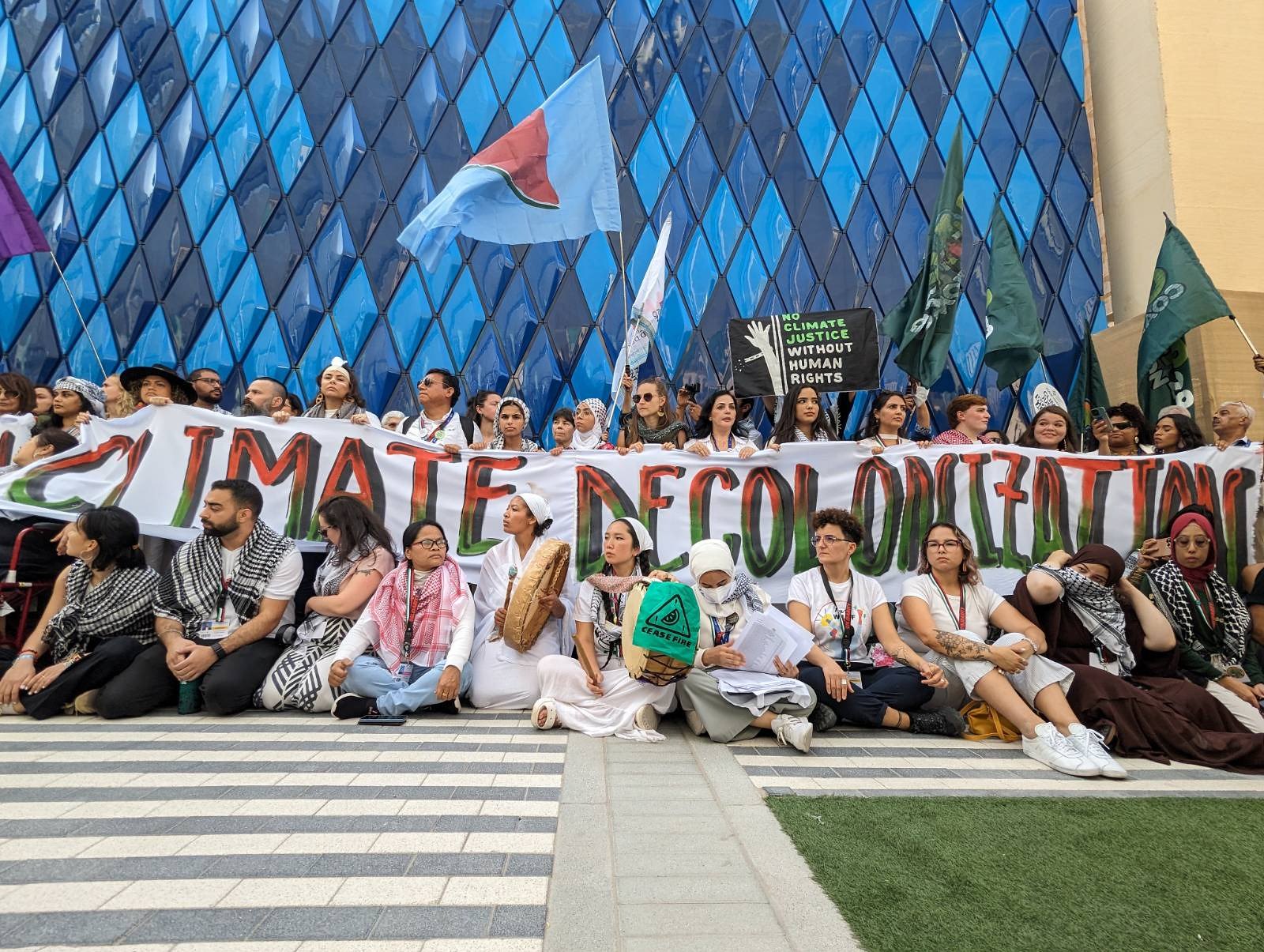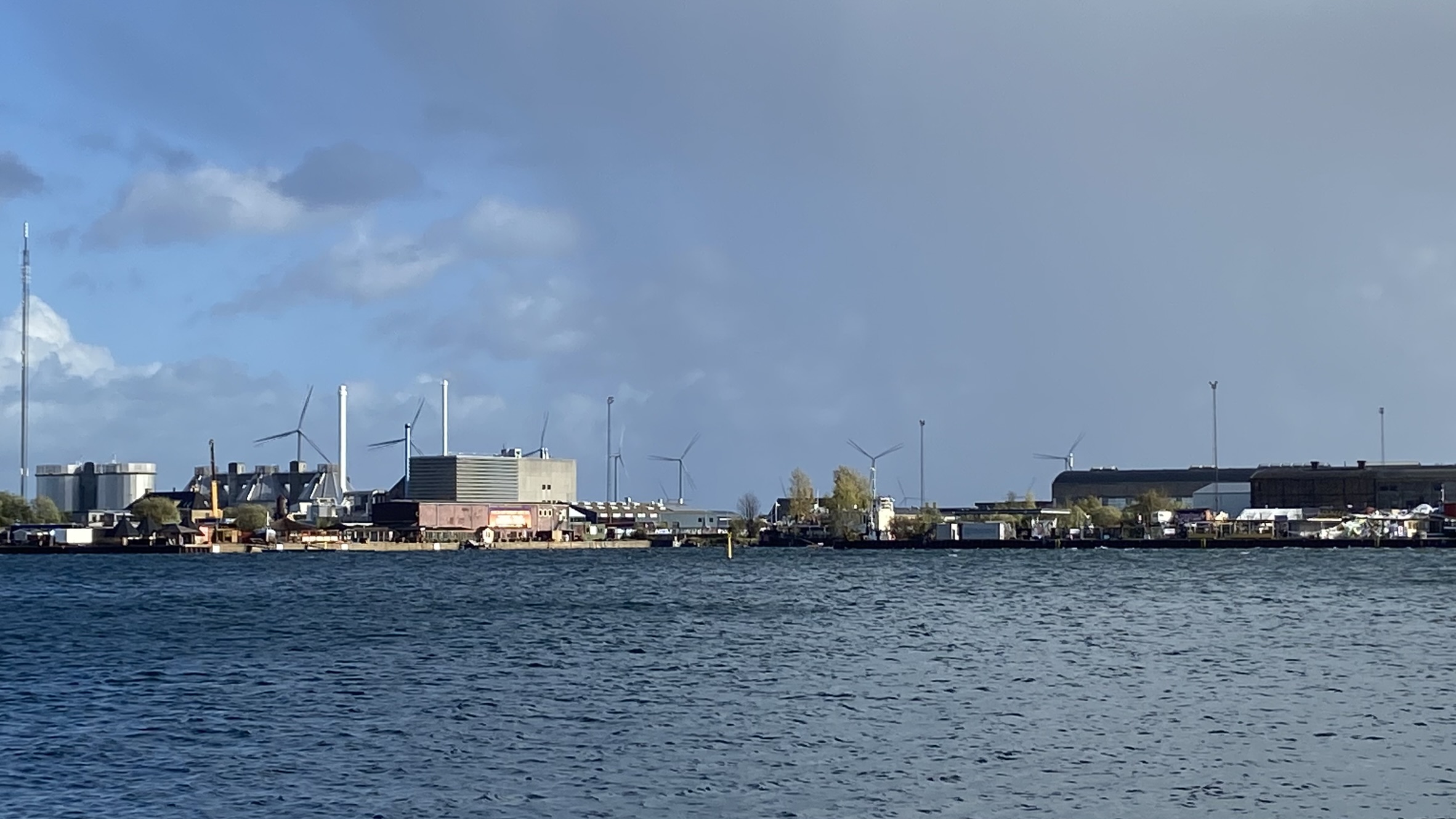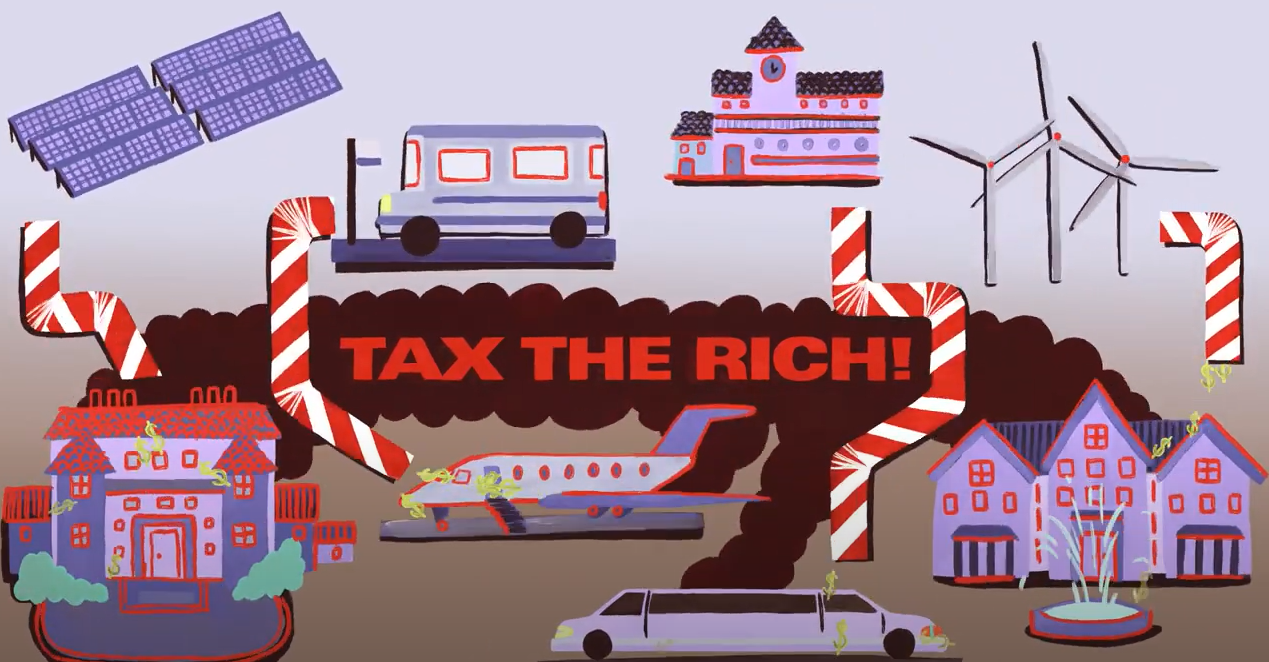When it comes to the global energy system, trade unions recognize that business as usual is not sustainable. Union members are already feeling the impacts of climate change, whether as first responders to climate catastrophes or as members of the most impacted communities. There is a growing community of trade unionists working for energy democracy. They’re taking on the fossil fuel companies to fight for a just, sustainable, and democratic energy system.
An important gathering of this community took place in October 2012 when RLS‒NYC and Cornell University’s Global Labor Institute (GLI) convened the “Energy Emergency, Energy Transition” conference, which brought together over sixty representatives of trade unions and NGOs from more than twenty countries and five continents. This conference launched Trade Unions for Energy Democracy (TUED), a global, multi-sector initiative to advance democratic direction and control of energy in a way that promotes solutions to the climate crisis, energy poverty, the degradation of both land and people, and the repression of workers’ rights and protections.
“Resist, Reclaim, Restructure” emerged out of this 2012 roundtable. Prepared by Sean Sweeney, Co-Director of the GLI, the report reflects the input of the conference participants and continues to guide TUED. The document establishes the urgency of addressing the energy emergency and demonstrates that the necessary energy transition is not happening. It insists that such a transition will only happen once there is a decisive shift in power from private corporations to workers, communities, and the public—energy democracy. Without democratic, public control of resources, a truly sustainable transition is not possible. A trade union strategy to build energy democracy can be built around three broad objectives: resist the agenda of the fossil fuel companies; reclaim for the public sphere the privatized segments of the energy system; and restructure the global energy system to massively build up renewable and low carbon sources of energy, implement energy conservation, and ensure a truly sustainable transition that creates jobs and protects the rights of workers and communities.
Under the TUED banner, trade union leaders from around the world continue to meet to share their experiences struggling against privatization, extractionism, and corporate dominance; to develop practical alternatives; and to strategize about next steps in the movement for energy democracy.



